Bilge and Beanstalks! Yahoo Scrawls Another Bad Take on C. S. Lewis’s Narnia
What a way to start this recent Yahoo! Movies UK article about C. S. Lewis’s beloved Chronicles of Narnia, by loading the word controversy into it.
Alas, you’ll probably see more of this nonsense now that Netflix’s new Narnia movies appear to be moving forward under Barbie director Greta Gerwig.
Apparently we do live in a negative world, where excellent Christian art is called “controversial” by virtue of it, you know, existing.1
Of course, I could “own the leftist” to shallow satisfaction by complaining about this article’s “Christophobia.” (“Why, if the shoe were on the other foot … !” “They would never … !”)
But the Narniad’s author himself would frown upon such shallow riposte. Let’s instead parse out this article and show it for the rather Calormene pragmatism that it is.
But the series isn’t without its controversies
Pro former-opinion-writer-and-local journalist tip: When you want to sneak in negative notions, use the word controversies. It sounds benign, even objective. It isn’t. Especially when you treat other subjects as simply straightforward. Absence of the controversy label means “approved.” Presence means “disapproved.” Or perhaps, “I wish this headline and hook to bait thee.”
and Lewis’s novels have been criticised in the past
Have been criticized is what I call passive-aggressive voice. ‘Tis technically bad writing. This is a trick I’d call “hide the subject.” Who’s done this criticizing? Even the simple word critics would do the job—or more accurately, secular and/or feminist critics. But then you’d know exactly the sort of folks who dislike Lewis and Narnia so much that they attract this level of media attention.
for things like its religious subtext
Noted author of Christian apologetics and literature studies has religious subtext in his creative worldbuilding. Stop presses. Film at 11.
Rather, there’s nothing sub about the Christian intent of Narnia. Lewis started with random images, intentionally gave them form, then set his biblical purpose.
and apparent sexism.
Famous traditional bachelor British author from the 1950s–60s has some traditional bachelor British views about women. Stop presses. Etc.
Rather, a fair reading of Narnia will show Lewis’s equal respect for his male and female characters. Lucy and Susan may not fight on front lines, but they’re just as capable as Peter and Edmund. Susan may struggle, but Lucy stays faithful (despite her flaws). It’s Edmund who’s a traitor. And later stories like The Silver Chair and The Horse and His Boy feel almost “progressive” in their respect for Jill and Eustace as well as Shasta and Aravis.
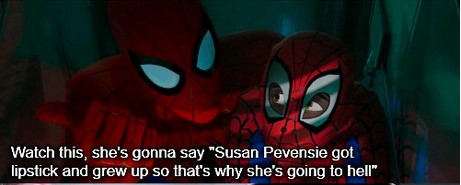 If this article later does the whole “Susan doesn’t go to Narnia because she’s a bad feminist” thing, then, by the Lion, that has so been done to death.
If this article later does the whole “Susan doesn’t go to Narnia because she’s a bad feminist” thing, then, by the Lion, that has so been done to death.
and why they are seen as controversial to some.
We don’t need to call this leftist. It’s just clickbaity. But the passive-aggressive voice and weak verbs (“they are seen as controversial”) grates on this editor’s nerves. And that phrase “to some” is even worse.
Lewis was first converted to Christianity by Lord of the Rings author JRR Tolkien
Now I’m being pedantic. But this isn’t copyedited well. The Lord of the Rings should arguably be italicized. J. R. R. Tolkien should have periods (and likely spaces) between his initials.
The author wrote Narnia as a Christian allegory
Wrong. Narnia. Is. Not. Allegory.
Lewis called his Narnia series a supposal. His world explored the question of what the actual Jesus Christ, working in a land called Narnia, would be like.2
Even many Christians get this wrong. Usually that’s because we have a cultural memory nearly four centuries old, from back when folks had to explain why Pilgrim’s Progress was okay.
Susan’s depiction in later books has also been deemed sexist.
Okay, one more. ‘Ware again such passive-aggressive voice. It may not betray intentional bad agendas, but it’s simply bad writing. This story is full of scarcely researched Wikipedia summary-summarizing, hidden subjects, and comma-spliced sentences. What are they teaching in schools these days?
The rest of this is low-hanging fruit, best left inside the walled garden. So over the side with it.
- Let this be a lesson to the lot of ye, who imagine a sentimental fantasyland in which “if only Christian authors were good instead of political/abusive/other/bad, then The World would like us better!” This is C. S. Lewis himself we’re talking about. ↩
- “The ‘allegory’ label ignores the stories’ true purpose according to Lewis, who insisted on calling his world a supposal. In one letter, Lewis wrote that his Narnia stories answered the question, ‘What might Christ become like if there really were a world like Narnia and He chose to be incarnate and die and rise again in that world as He actually has done in ours?’ Lewis then concluded, ‘This is not allegory at all.'” See our review of The Chronicles of Narnia. ↩



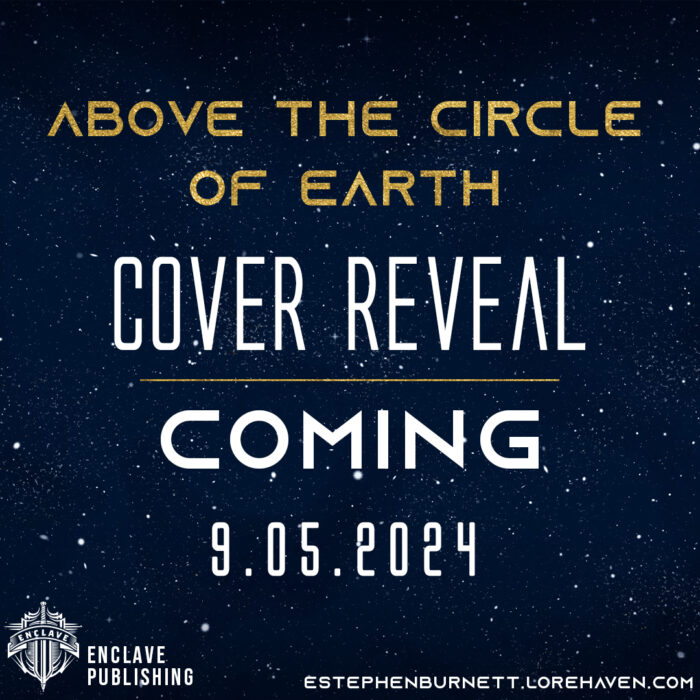
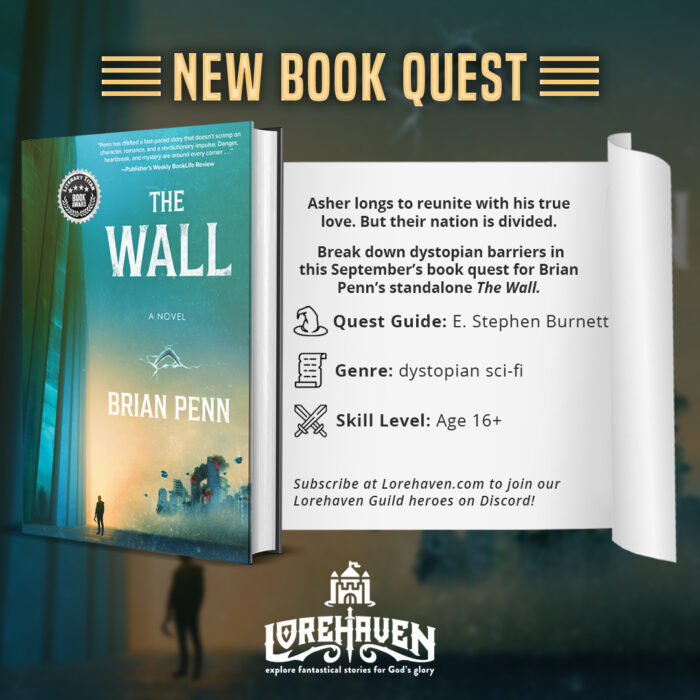












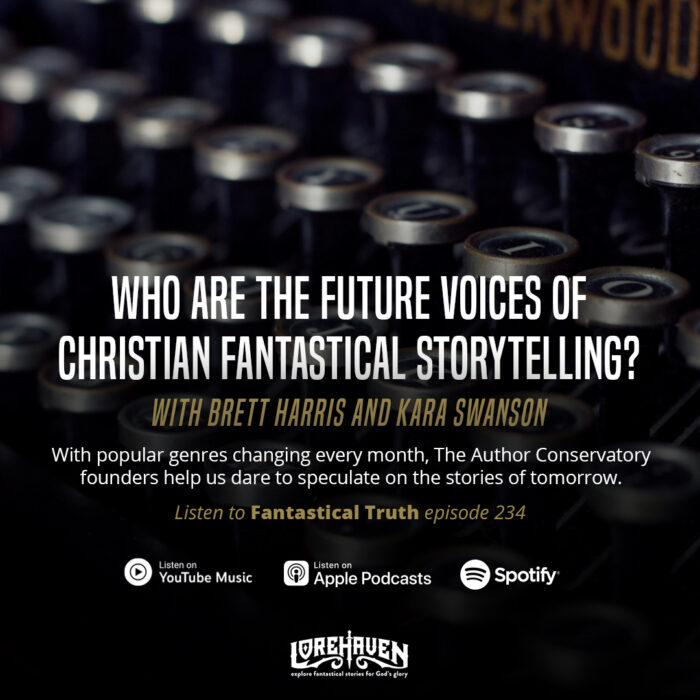


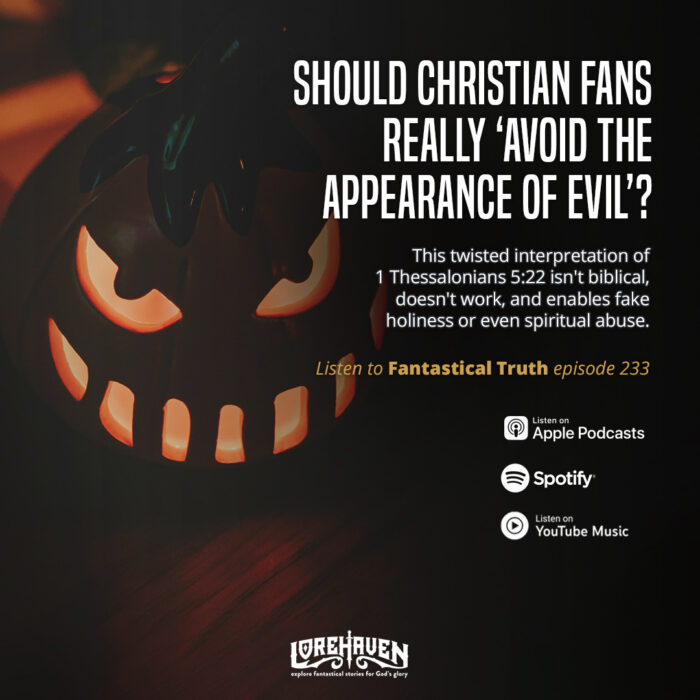
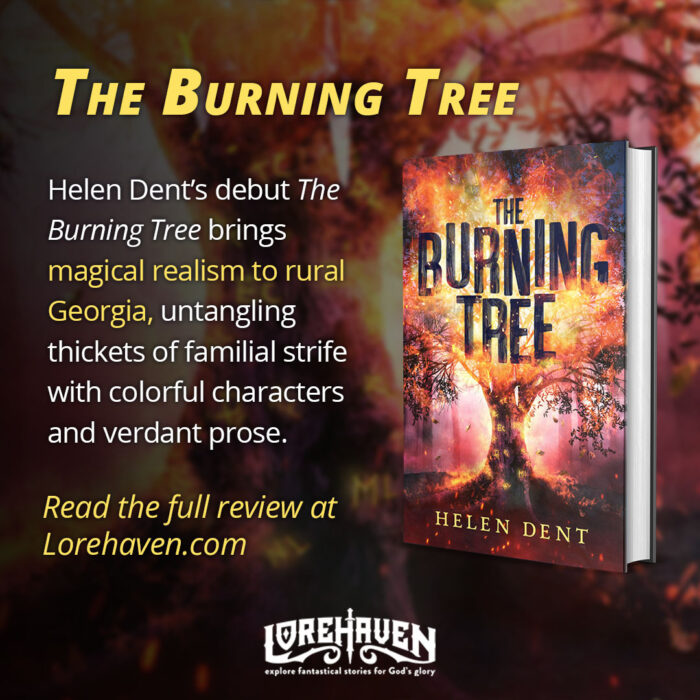



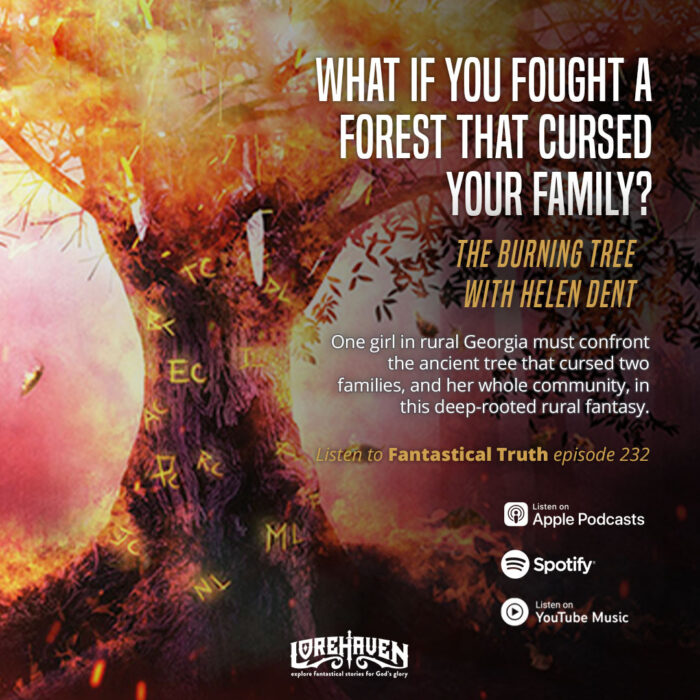

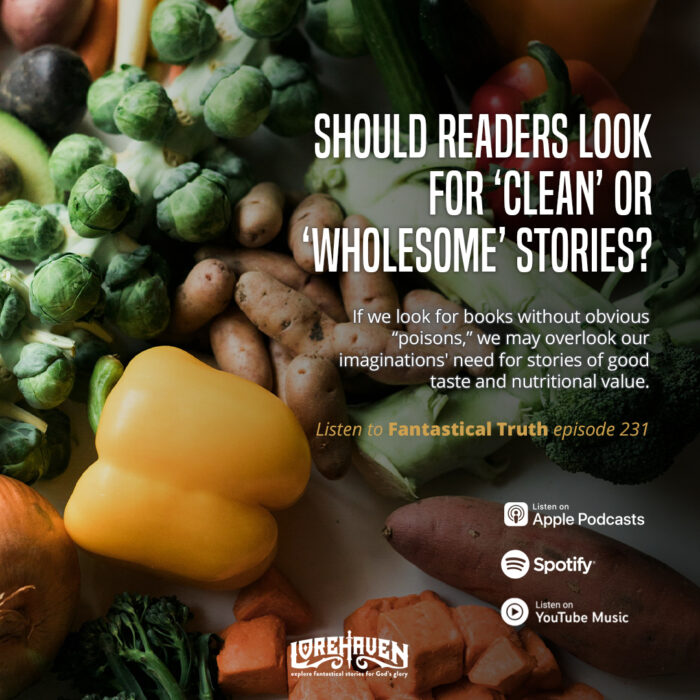
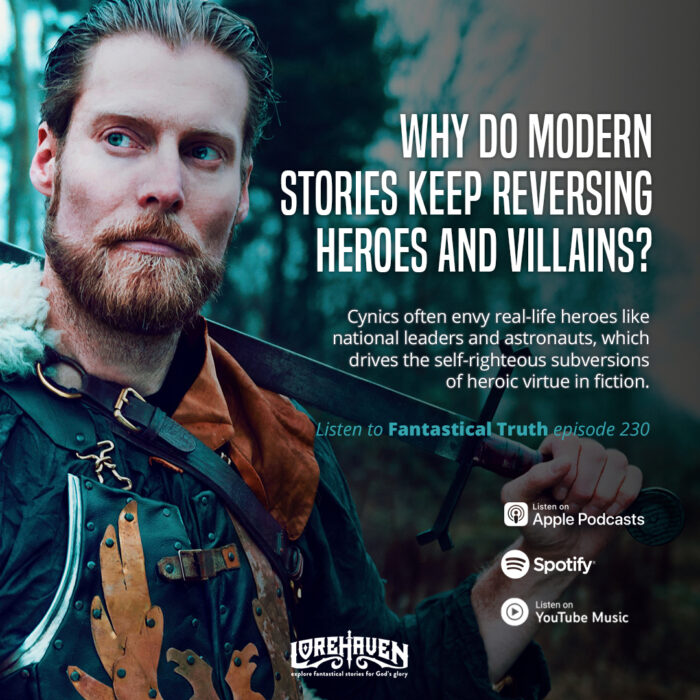


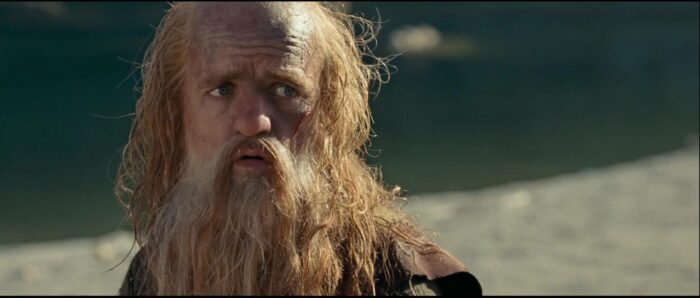




Share your thoughts, faithful reader (and stay wholesome!)